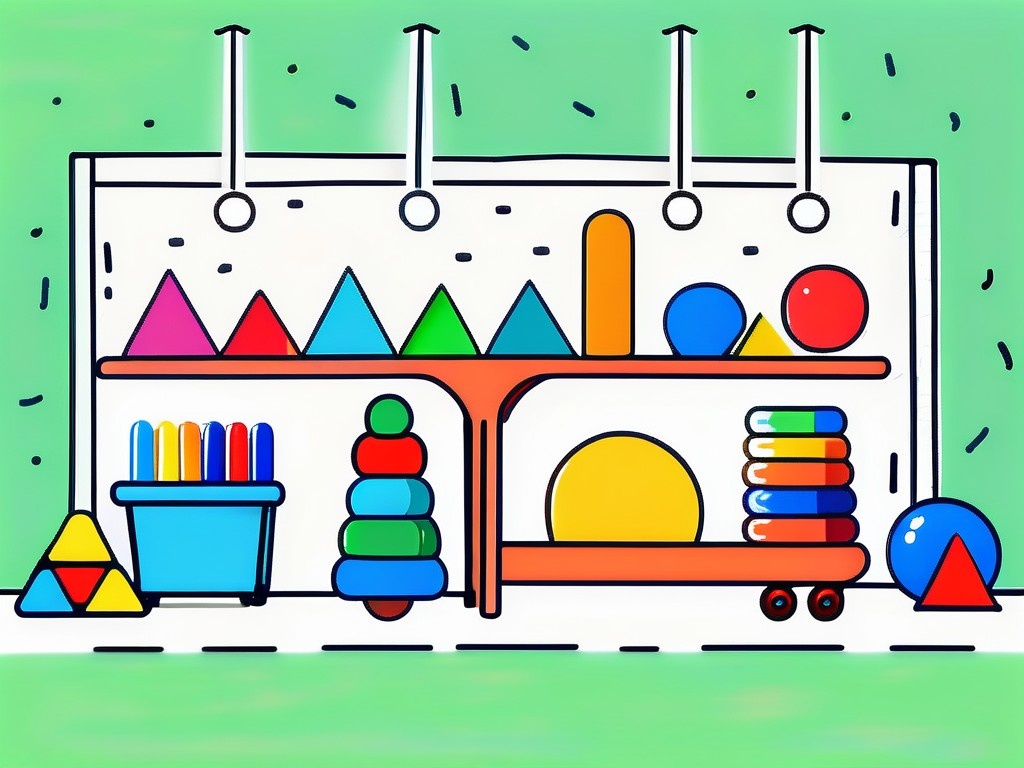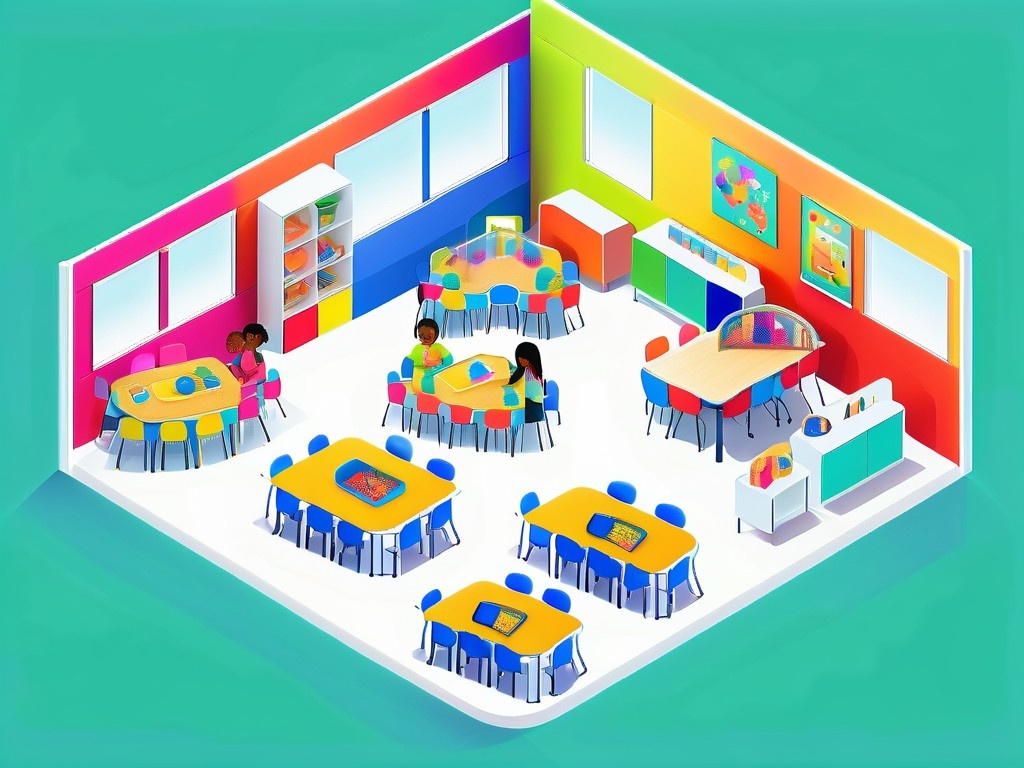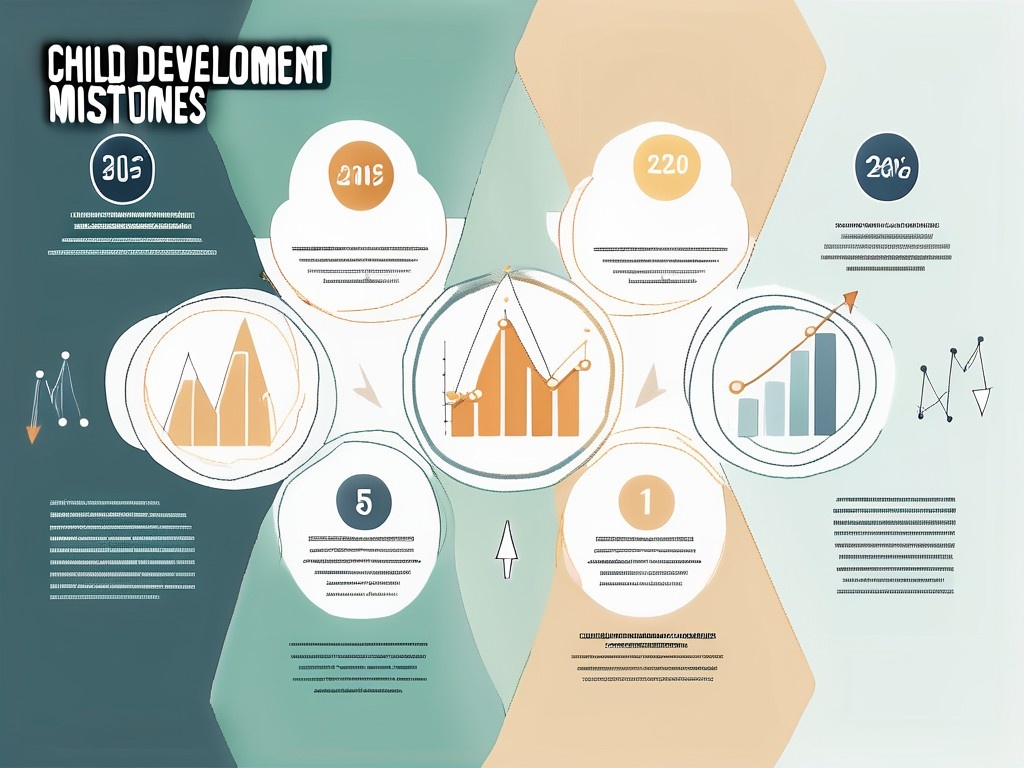As a childcare center, providing quality services is paramount to meeting the needs of the children in your care. From understanding the basics of childcare services to implementing advanced strategies, this article will guide you in tailoring your services to ensure the best possible environment for the children under your supervision.
Understanding the Basics of Childcare Services
Childcare services refer to the care and supervision of children in a safe and nurturing environment. It entails providing a structured setting that promotes learning, development, and overall well-being. Quality childcare services not only cater to the immediate needs of the children but also contribute to their long-term growth and success.
When it comes to childcare services, it is essential to consider the qualifications and training of the caregivers. Qualified caregivers possess the knowledge and skills necessary to create a stimulating and supportive environment for children. They understand child development principles, safety protocols, and effective communication techniques to ensure the well-being of the children under their care.
Defining Childcare Services
Childcare services encompass a wide range of activities, including but not limited to: providing a safe and secure environment, fostering positive relationships, offering educational programs, and fulfilling the basic needs of the children, such as nutrition and hygiene. These services are designed to meet the physical, emotional, social, and cognitive needs of the children in your care.
Moreover, childcare services also involve creating a diverse and inclusive environment where children from different backgrounds feel welcomed and valued. By promoting diversity and cultural awareness, childcare providers can help children develop empathy, respect, and appreciation for others, laying the foundation for a more inclusive society.
Importance of Quality Childcare Services
Quality childcare services play a vital role in a child’s development. Research has consistently shown that early experiences significantly impact a child’s brain development and future success. By offering high-quality services, you can provide children with a solid foundation for learning, socialization, and overall well-being. Moreover, quality childcare services also support parents and guardians in balancing their work and family responsibilities.
Additionally, quality childcare services incorporate ongoing assessment and evaluation to ensure that the needs of each child are met effectively. Through regular observations and feedback, caregivers can tailor their approach to address individual strengths and areas for improvement, fostering holistic development in every child. This personalized care and attention contribute to building a strong rapport between caregivers, children, and families, creating a supportive network for the child’s growth and well-being.
Schedule a free 30-minutes session with us
Identifying the Needs of Your Childcare Center
Before tailoring your services, it is essential to assess your current offerings and identify areas for improvement. Understanding the specific needs of your childcare center will enable you to make informed decisions and provide targeted solutions that align with your goals.

When delving into the needs assessment of your childcare center, it’s crucial to consider not only the immediate requirements but also the long-term goals you aim to achieve. By taking a holistic approach to understanding the needs of your center, you can create a roadmap for sustainable growth and development.
Assessing Your Current Services
Start by evaluating your existing programs, facilities, and staff. Assess whether your current services meet the standards of quality childcare. This includes examining areas such as curriculum, safety protocols, staff qualifications, and resources available for the children’s well-being. Identifying strengths and weaknesses will help you determine areas that require improvement.
Furthermore, conducting surveys or gathering feedback from parents, staff, and even the children themselves can provide valuable insights into the effectiveness of your current services. This inclusive approach to assessment ensures that all stakeholders’ perspectives are considered in shaping the future direction of your childcare center.
Recognizing Areas for Improvement
Once the assessment is complete, identify areas where your childcare center can enhance its services. This could involve updating your curriculum to incorporate innovative teaching methods, enhancing safety measures, providing additional training for staff, or improving communication channels with parents and guardians.
Moreover, exploring partnerships with local community organizations or educational institutions can offer unique opportunities for enriching the experiences you provide at your childcare center. Collaborative efforts can lead to a more diverse range of activities, resources, and expertise that benefit both the children and the overall learning environment.
Tailoring Services to Meet Specific Needs
With a clear understanding of your childcare center’s strengths and areas for improvement, it is time to tailor your services to meet the specific needs of the children in your care. By personalizing educational programs and customizing care and supervision, you can create an environment that caters to the diverse needs of the children.
Understanding the unique needs of each child is essential in providing effective and impactful care. By taking the time to observe and assess the children in your care, you can gain valuable insights into their personalities, interests, and developmental stages. This information will serve as the foundation for customizing your services to ensure that each child receives the support and attention they require.
Customizing Educational Programs
Recognize that each child has unique learning styles and interests. Tailor your educational programs to foster individual growth and development. Incorporate a variety of learning modalities, such as visual, auditory, and kinesthetic approaches, to accommodate different learning preferences. Additionally, provide opportunities for hands-on exploration and play, as these are crucial for children’s cognitive and social development.
Creating a diverse and inclusive learning environment is key to supporting the holistic development of children. By incorporating multicultural perspectives, diverse literature, and inclusive activities into your educational programs, you can help children develop empathy, cultural awareness, and a sense of belonging. Encouraging collaboration and cooperation among children from different backgrounds also fosters a sense of community and mutual respect.
Personalizing Care and Supervision
Children thrive when they feel seen, heard, and valued. Personalize the care and supervision you provide by building strong relationships with each child. Take the time to understand their individual needs, preferences, and strengths. This will enable you to provide more targeted support and engage them in meaningful activities that foster their overall development.
Creating a warm and nurturing environment where children feel safe and supported is essential for their well-being. By establishing consistent routines, setting clear boundaries, and offering emotional support, you can help children develop a sense of security and trust. Providing opportunities for children to express themselves, share their thoughts and feelings, and engage in open communication promotes their social-emotional development and strengthens their self-esteem.
Schedule a free 30-minutes session with us
Implementing Advanced Childcare Services
To stay at the forefront of childcare services, it is essential to embrace advancements and incorporate them into your center. This involves integrating technology and offering specialized services that cater to the evolving needs of children and their families.

Ensuring that your childcare center stays ahead of the curve involves not only meeting current needs but also anticipating future trends. By conducting regular research and attending industry conferences, you can stay informed about the latest developments in childcare services. This proactive approach will help you adapt quickly to changes and maintain a competitive edge in the market.
Integrating Technology in Childcare
Technology has become an integral part of our lives, and it can greatly enhance the learning experiences of children. Explore age-appropriate technological tools and applications that can support educational programs, facilitate communication with parents, and streamline administrative tasks. Embracing technology will enable you to offer a more holistic and engaging childcare experience.
Furthermore, consider investing in virtual reality (VR) and augmented reality (AR) tools to create immersive learning experiences for children. These cutting-edge technologies can transport children to different environments, allowing them to explore and learn in ways that traditional methods cannot replicate. By incorporating VR and AR into your childcare programs, you can provide a truly innovative and interactive educational experience.
Incorporating Specialized Services
Recognize that children may require additional support and services depending on their unique needs. Collaborate with experts, such as therapists or specialists, to incorporate specialized services into your childcare center. This could include speech therapy, occupational therapy, or services for children with disabilities. By offering specialized services, you will ensure that all children have equal access to quality care and support.
Moreover, consider implementing mindfulness and meditation programs to support children’s emotional well-being. Teaching children techniques to manage stress and build resilience can have long-lasting benefits on their mental health. By incorporating these programs into your childcare services, you can promote a holistic approach to child development that nurtures both their cognitive and emotional growth.
Evaluating the Effectiveness of Your Services
Continuous evaluation is essential to maintaining the quality of your childcare services. By monitoring and assessing your programs and implementing continuous improvement strategies, you can ensure that your services remain effective and responsive to the evolving needs of the children and families you serve.

Monitoring and Assessment Techniques
Implement mechanisms to monitor and assess the effectiveness of your programs and services. This could involve regular observations of staff interactions, feedback from parents and guardians, and ongoing assessments of the children’s progress and development. By gathering data and feedback, you can identify areas where your services excel and areas that may require attention and improvement.
Continuous Improvement Strategies
Based on your monitoring and assessment findings, develop strategies for continuous improvement. This could include professional development opportunities for staff, revising curriculum materials, or enhancing communication channels with parents and families. Regularly reevaluating your services and implementing improvements will ensure that you consistently meet the highest standards of quality childcare.
By understanding the basics of childcare services, identifying the needs of your center, tailoring services to meet specific needs, implementing advanced strategies, and evaluating the effectiveness of your services, you can provide an exceptional childcare experience. Remember, consistently adapting and improving is key to ensuring the success and well-being of the children in your care.
